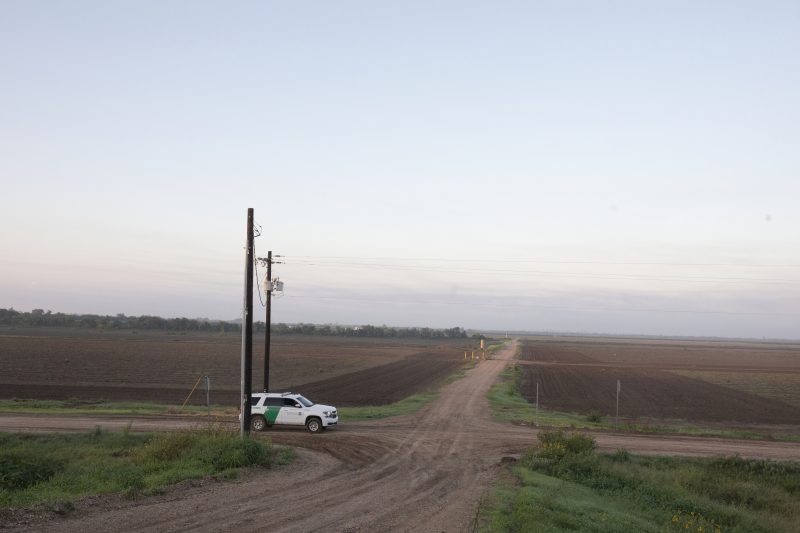In recent months, the Biden administration’s implementation of stringent border restrictions has led to a noticeable decline in illegal crossings along the United States-Mexico border. This shift in policy has sparked both praise and criticism, as stakeholders across the political spectrum weigh in on the impact of these measures.
One key aspect of the Biden administration’s border restrictions is the greater enforcement of existing immigration laws, including more robust screening processes at border checkpoints and increased presence of border patrol agents. This has acted as a deterrent for would-be border crossers, making it more challenging for individuals to navigate the border undetected.
Moreover, the administration’s emphasis on addressing root causes of migration, such as poverty, violence, and political instability in countries of origin, is viewed as a proactive step towards reducing the incentives for illegal immigration. By investing in foreign aid and diplomatic efforts to tackle these underlying issues, the administration aims to create a more sustainable solution to the challenges posed by illegal crossings.
Critics, however, argue that the stringent border restrictions may have unintended consequences, such as pushing desperate migrants to take more dangerous routes or resort to human traffickers. Furthermore, concerns have been raised about the impact of these measures on asylum-seekers and the need for a more humanitarian approach in dealing with vulnerable populations.
The decline in illegal crossings following the implementation of Biden’s border restrictions signals a shift in the administration’s approach to border security. While some view this as a positive step towards enforcing immigration laws and safeguarding national security, others caution against the potential repercussions on migrant communities and the broader implications for the U.S. immigration system.
As the Biden administration continues to navigate the complex challenges of border security and immigration policy, striking a balance between enforcement and compassion remains a pressing concern. Ultimately, the effectiveness of the current border restrictions in curbing illegal crossings will depend on ongoing efforts to address the root causes of migration, uphold human rights, and foster collaboration with countries in the region to create a more sustainable and humane immigration system.
